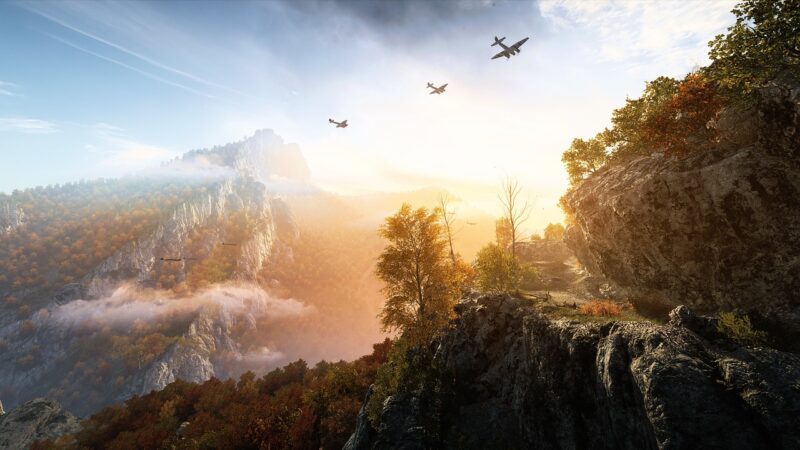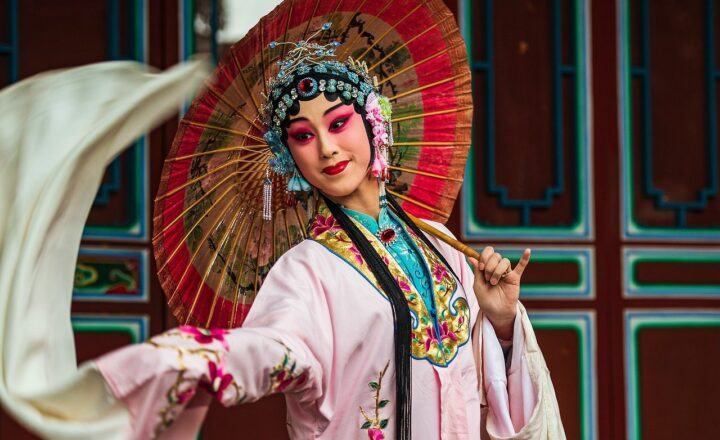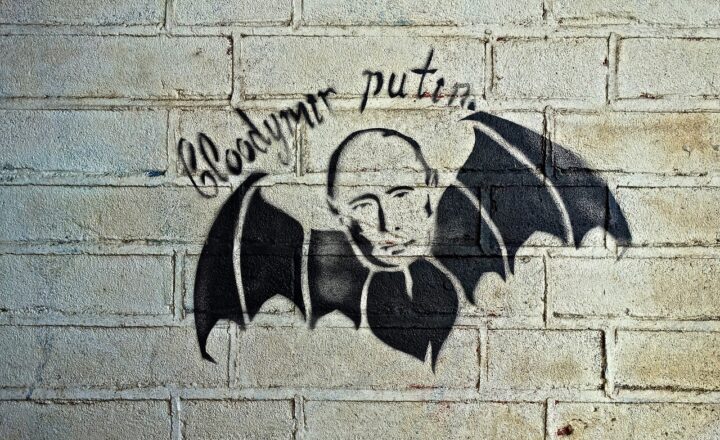Cartoons That Changed Pop Culture: A Look Back at Iconic Animated Series
November 19, 2024

Animation has played a pivotal role in shaping pop culture over the decades. From the classic days of early cartoons to the latest animated series that captivate audiences worldwide, cartoons have not only entertained us but also influenced societal norms, behaviors, and trends. In this article, we will delve into the iconic animated series that have left an indelible mark on pop culture, exploring their impact and legacy.
1. The Golden Age of Animation
The Golden Age of Animation, which spanned from the 1920s to the 1960s, marked the birth of many classic cartoons that are still celebrated today. During this period, animations like “Mickey Mouse” and “Popeye” became cultural phenomena, shaping the way people viewed animated storytelling.
**Mickey Mouse** sets the stage for modern animation. Created in 1928 by Walt Disney, he quickly won the hearts of millions and showcased the potential of animation as a medium. His influence extended beyond simple entertainment; he became a symbol of optimism and joy during the Great Depression.
**Popeye the Sailor Man**, introduced in 1929, also had a significant impact. With his humorous antics and catchy theme song, Popeye became a symbol of strength and perseverance, promoting the message of eating spinach to gain physical power.
The ability of these cartoons to connect with audiences on an emotional level paved the way for future animated series that would follow in their footsteps.
2. The Rise of Satirical Animation in the 1990s
The 1990s ushered in a new wave of animated series that blended humor with social commentary. One of the most notable shows during this era was “The Simpsons.”
**The Simpsons** debuted in December 1989, quickly becoming a staple of American television. The show’s satirical take on American family life and pop culture revolutionized animation for adults. It offered sharp commentary on everything from politics to societal expectations and became a cultural touchstone for discussions about life in America.
Its success inspired a plethora of other animated shows catering to older audiences, paving the way for series such as **South Park** and **Futurama**, both known for their unique humor and social critique.
**South Park**, which began airing in 1997, brought a raw and edgy approach to animation, tackling controversial subjects with unabashed frankness. Its impact on modern discourse about freedom of speech and censorship continues to resonate today.
3. The Impact of Anime on Global Pop Culture
While Western animation evolved, Japanese anime emerged as a dynamic influence on global pop culture in the 1980s and 1990s. Series like **Dragon Ball Z** and **Sailor Moon** not only garnered massive viewership but also contributed to the globalization of anime.
**Dragon Ball Z**, which premiered in 1989, became a global sensation, influencing countless action-oriented shows that followed. Its themes of perseverance, friendship, and self-improvement resonated with audiences of all ages, making it a forever favorite.
On the other hand, **Sailor Moon**, which debuted in 1992, challenged gender norms by portraying strong female characters and exploring themes of love, friendship, and empowerment. Its influence on feminism within pop culture cannot be overstated, inspiring a generation of fans to embrace their identities.
Anime has continued to evolve, with newer series like **Attack on Titan** and **My Hero Academia** pushing boundaries and demanding recognition in Western pop culture.
4. The New Era of Streaming Animation
The rise of streaming platforms has changed the landscape of how animated series are produced and consumed. With the accessibility provided by platforms like Netflix and Disney+, animated shows like **Big Mouth** and **Rick and Morty** have gained followings that impact pop culture significantly.
**Rick and Morty**, which premiered in 2013, showcases a bizarre blend of science fiction and dark humor, captivating audiences with its intricate storytelling and satirical commentary on society, family dynamics, and ethical dilemmas. It has given rise to a dedicated fanbase and has permeated various aspects of social media, ultimately influencing other creators and media.
**Big Mouth** takes on a different tone, focusing on the trials of puberty and adolescence with unparalleled humor and honesty. Its candid portrayal of teenage experiences has encouraged open discussions about mental health and self-acceptance among young viewers.
The success of these series illustrates how streaming services have transcended traditional animation, leading to diverse storytelling that reflects the complexities of contemporary life.
5. The Cultural Commentary of Cartoons Today
Today’s animated series often serve as platforms for cultural critique and social commentary. Shows like **Bob’s Burgers**, **Tuca & Bertie**, and **The Boondocks** not only entertain but also tackle serious subjects such as race, gender identity, and societal norms.
**Bob’s Burgers** presents a heartwarming take on family dynamics while addressing issues such as sexuality and acceptance in a relatable manner. Its charm lies in its quirky characters that viewers have come to love, creating a genuine connection with the audience.
**The Boondocks**, based on Aaron McGruder’s comic strip, has been lauded for its sharp critique of race relations and Black culture. Despite its humor, it delves into deep societal issues, making viewers reflect on their values and beliefs.
As animations continue to evolve, they remain an essential medium for nurturing discussion and reflection on the world around us, amplifying the voices and stories that demand to be heard.
Conclusion: The Enduring Legacy of Cartoons
Throughout history, cartoons have acted as more than just entertainment; they have become a lens through which we view societal changes and personal growth. These iconic animated series have paved the way for future generations, setting benchmarks for creativity, storytelling, and cultural influence. As we continue to embrace new forms of animation within our digital age, the impact of comics on pop culture remains undeniably profound and ever-evolving.
Animation is not just for children; it’s a powerful medium that transcends generations, and its effect on pop culture will be felt for centuries to come. Whether through laughter or introspection, cartoons have fundamentally changed how we perceive the world, reminding us of the importance of creativity, expression, and connection in our lives.






